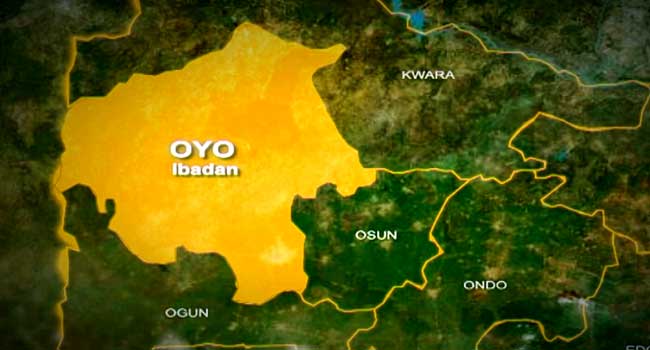Nigeria accounts for one of every four cases of neglected tropical diseases (NTDs) in Africa, a group of diseases that include rabies, elephantiasis, leprosy, and worm infestation that is responsible for devastating health, social, and economic consequences.
The Oyo State Commissioner for Health, Dr Oluwaserimi Ajetumobi, who disclosed this at the 2024 media briefing on World Neglected Tropical Diseases (NTDs) at the Oyo State Secretariat on Friday, said Nigeria is one of the 149 countries in the world endemic for these diseases, which are estimated to affect over 1 billion people in the world and cause 200,000 deaths every year.
Dr Ajetumobi declared that 4 out of these neglected tropical diseases (NTDs) that number over 20, namely river blindness (onchocerciasis), elephantiasis, soil-transmitted worm infections, and schistosomiasis, were endemic in Oyo State.
She stated the diseases were called “neglected” because they were virtually absent from the global health policy agenda, limited resources are deployed into these diseases, they are almost ignored by global funding agencies, and they are associated with stigma and social exclusion.
The Commissioner declared that these diseases affect, particularly more children, leading to disability, stigmatisation, and loss of life, thus the WHO declaring them “neglected” to raise the profile of this group of diseases, the suffering they cause, and to gather support towards their control, elimination, and eradication.
“Everyone has a key role to play; by bringing renewed attention to NTDs, building potential political will, mobilising resources, and putting individuals and communities at the centre of the response, we can collectively generate the attention and resources needed to deliver against the elimination of NTDs in Oyo State,” she declared.
Executive Secretary, Oyo State Primary Health Care Board, Dr Muideen Olatunji, stated in an opening remark that in 2023 alone, the Oyo state government released over N27 million to support NTDs programmes, including drug distribution, training of health workers, and public awareness campaigns.
Dr Adetunji declared that in 2023, 600,000 cases of schistosomiasis were recorded in 6 communities in Atisbo and Akinyele local government areas of the state; 1.6 million schoolchildren were reached with deworming medicines; and 142 cases of elephantiasis (lymphatic filariasis) were treated with hydocelle, a complication of elephantiasis that was surgically corrected in 10 of the affected men.
He, however, said that medicines for the control of NTDs are free, safe, and cost-effective and are distributed once each year, urging people with these conditions to visit the nearest PHC to them for prompt treatment.
Earlier, Oyo State Commissioner for Education, Professor Soliu Adelabu, speaking through Mrs Nton Gladys, said school deworming day is now part of the annual school calendar in the state as part of measures to raise the quality of health and education in the state for all by the year 2030.
